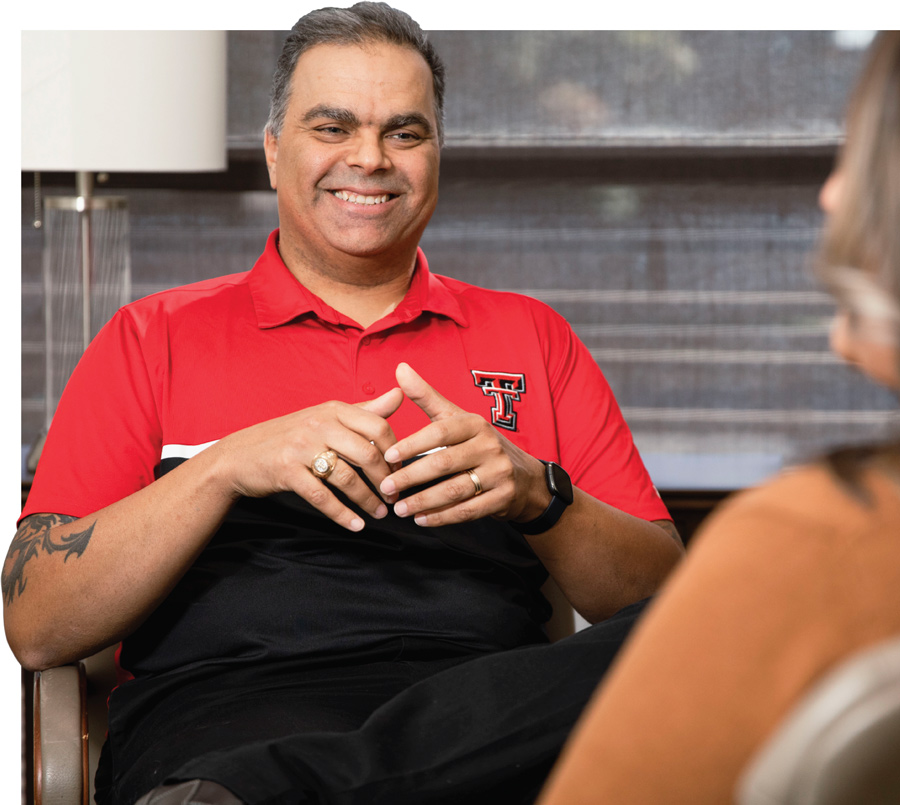 School of Health Professions
School of Health ProfessionsCollaboration with Community Bridges Gap in Mental Health Care
When Moses began working at TTUHSC in 2008, she was the only clinician in the medical school’s Department of Family and Community Medicine. “I needed help, but more importantly, I needed help from providers who would stay in the community,” said Moses, a licensed psychologist and director of behavioral health for TTUHSC at the Permian Basin.
The community wanted this, too, as they understood the mental health provider shortage’s impact and were willing to partner with Moses through funding and resources support.
The Mental Health Fellowship, under Moses’ leadership, began with one fellow in 2020 at the height of the COVID-19 pandemic. There are now two fellows, with plans to double that number in 2022. If a physician encounters a mental health need during a patient visit, they will reach out to the mental health fellows or Moses herself. Through a collaborative visit, they will introduce themselves to the patient, assuage any fears or misconceptions related to mental health care, and schedule follow-up appointments as needed.
The fellowship also provides a much-needed service to graduates who need clinical hours for licensure. It’s a vicious cycle to earn a degree, be passed up for jobs due to lack of licensure, yet few organizations will hire for the clinical hours necessary to obtain the license, Moses added.
Sean Mishra, MS, (Health Professions ’21) desired a career in mental health once his tenure in the military ended. He earned a master’s in clinical mental health counseling to provide services for veterans like himself.
“It’s been an honor to be a fellow in the program,” he added. “The experience and instruction are incredible, and it feels good to be fulfilling a need in the Permian Basin community.”
